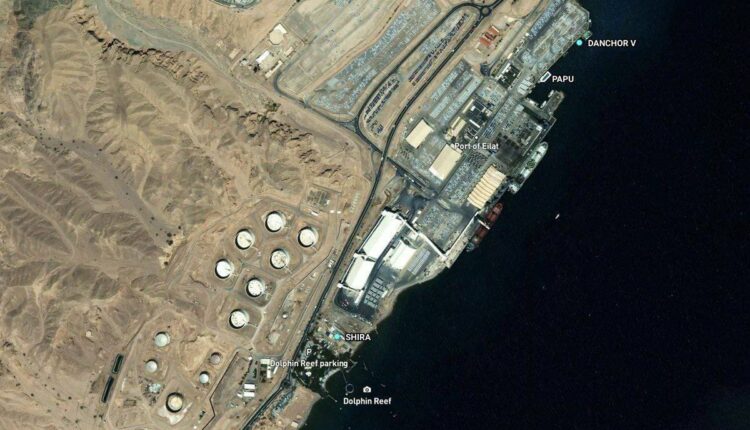Due to the Yemeni blockade and boycott… The Israeli agricultural sector incurs massive losses
Follow-ups – Al-Khabar Al-Yemeni:
A report by the Hebrew newspaper “Haaretz” revealed that the agricultural sector in “Israel” is suffering severe damage amidst the ongoing global boycott of Israeli products and the imposition of a naval blockade by the Yemeni forces on Israeli navigation.
The report explained that Israeli farmers are facing, in addition to the usual challenges like water costs, labor, and the impacts of the climate crisis, difficulties arising from the deterioration of Israel’s international image.
A report issued by the Citrus Sector of the Israeli Ministry of Agriculture revealed a 35% decline in exports since the beginning of 2024, which the newspaper described as a “catastrophe” for a sector that relies almost entirely on exports, warning of the consequences of this in the future.
For his part, “Shai Petrov,” director of the plant division at Kibbutz Gazit, said, “The boycott is so immense that fruits are not being picked from the trees,” pointing out that permanent clients in profitable markets like Australia have stopped importing any Israeli products, adding, “Clients refuse to deal with stores that sell our goods as soon as they see they are coming from Israel.”
In turn, “Nitsan Rotman,” the official in charge of the citrus sector in the Ministry of Agriculture for the Galilee and Golan, pointed to a “secret boycott,” where former partners refrain from importing and import from other countries like Spain and Turkey.
The problems were not limited to the boycott alone but also included the Yemeni naval blockade, which led to the closure of the Red Sea, forcing shipments to detour around Africa. This doubled the journey duration from 35 days to 80 days, and this long duration causes fresh crops to spoil upon arrival and reduces profits, leading to the near-total closure of Far East and Western European markets.
The report noted that the importance of the citrus sector in “Israel” goes beyond historical symbolism, as it was the leading agricultural export sector in the 1970s.
However, the cultivated area has decreased from 420,000 dunams to only about 143,000 dunams currently due to high production costs and intense competition from major exporters like Egypt and South Africa, where costs are lower, in addition to the increasing global consumer boycott of Israeli products and the Yemeni naval blockade.

